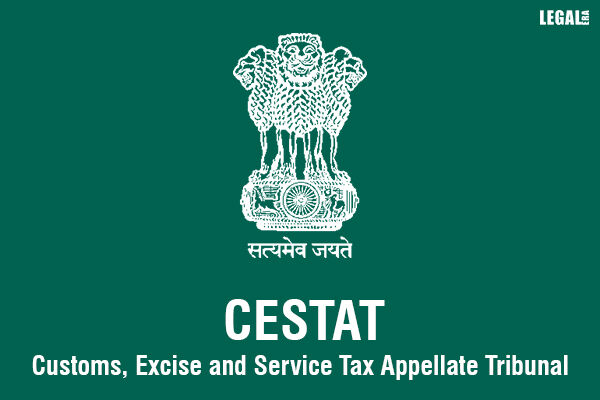
CESTAT Rules No Service Tax on Refurbishment of Pre-Owned Cars During Ownership by Dealer
“Popular Vehicles wins appeal against ₹2.2 lakh Service Tax demand on refurbished cars”
In a significant ruling, the Customs, Excise and Service Tax Appellate Tribunal, Chennai Bench, has held that refurbishment activities carried out on pre-owned vehicles by a dealer during its own period of ownership do not attract Service Tax liability. The Tribunal accordingly set aside a confirmed tax demand of ₹2,21,273 and allowed the appeal filed by M/s. Popular Vehicles and Services Ltd., granting consequential relief.
Background Of The Case
M/s. Popular Vehicles and Services Ltd., an authorized service station for Maruti Suzuki cars, was subjected to an audit by the Service Tax department. The audit revealed that the company was engaged in the business of buying used cars, refurbishing them, and subsequently selling them. Based on this, the department issued a show cause notice, alleging non-payment of Service Tax on the refurbishment of pre-owned cars during the period 2005-06 to June 2009, and raised a demand of ₹4,62,466.
Following adjudication, a reduced demand of ₹2,21,273 was confirmed, along with interest and penalty under Section 78 of the Finance Act, 1994. The order was upheld by the Commissioner of Service Tax (Appeals), prompting the assessee to approach the Tribunal.
Appellant’s Arguments
Appearing on behalf of the appellant, advocate Kuryan Thomas submitted that the vehicles were purchased and owned by the company before any refurbishment was undertaken. The work was carried out at the MTV unit of the company, not at the authorized service station, though both were located on the same premises.
It was argued that ownership of the vehicles had transferred to the assessee under the provisions of the Sale of Goods Act, 1930, and any delay in registering the transfer with the Regional Transport Office was immaterial for the purposes of determining tax liability. Therefore, the refurbishment done during the period of ownership constituted “self-service” and did not qualify as a taxable service rendered to a third party.
The appellant relied on judicial precedents, including the Tribunal’s decision in Sai Service Station Ltd. v. CCE (2015), which was affirmed by the Kerala High Court in CCE v. Sai Service Station Ltd. (2017). These decisions established that such refurbishment does not constitute a taxable event under Service Tax law.
Revenue’s Contention
Representing the Revenue, N. Satyanarayanan maintained that the assessee functioned as an intermediary between the buyer and the seller. He argued that the refurbishment costs were effectively recovered from the customers and, therefore, constituted a service rendered for consideration. On this basis, the department justified the imposition of Service Tax under the Finance Act, 1994.
Tribunal’s Findings And Ruling
The Tribunal Bench, comprising Judicial Member Shri P. Dinesha and Technical Member Shri M. Ajit Kumar, held that the issue was squarely covered by earlier judicial precedents. It observed that under the Sale of Goods Act, 1930, the transfer of ownership is based on sale and delivery, and not contingent upon vehicle registration under the Motor Vehicles Act, 1988.
The Bench concluded that refurbishment carried out during the ownership of the vehicle by the assessee did not constitute a service rendered to another person. As such, it fell outside the scope of taxable services under the Finance Act.
Accordingly, the Tribunal set aside the orders passed by the lower authorities and allowed the appeal, granting the appellant full consequential relief.
Implications Of The Ruling
This ruling reinforces the legal principle that self-service, even if involving significant refurbishment, does not attract Service Tax when carried out during the assessee’s own period of ownership. It is expected to provide clarity and relief to other entities involved in the sale and refurbishment of pre-owned vehicles under similar circumstances.